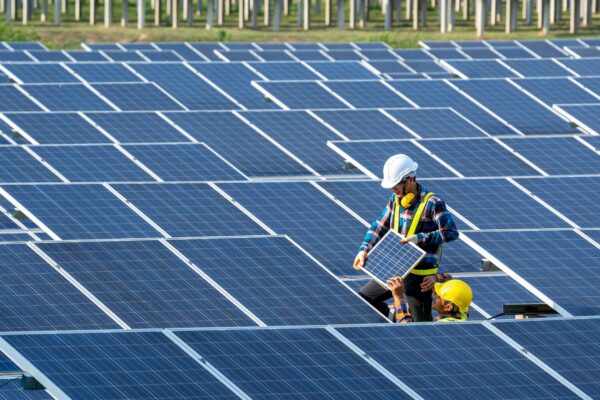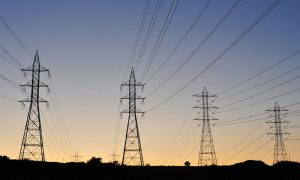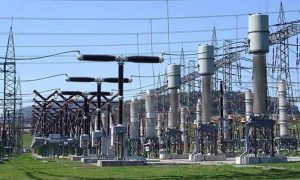Engineering Post Report
The federal government is taking appropriate measures for promoting usage of solar energy in the country in order to avert energy crisis and ensure provision of cheaper energy both to the public and private sectors at the earliest possible.
The federal government has already announced to shift the public buildings to solar energy amidst persisting long energy crisis and a Task Force on Solar Energy headed by former prime minister Shahid Khaqabn Abbasi is engaged on developing measures and formulating feasible recommendations for increasing the solar energy capacity and to maximize use of solar panels in all government premises.
According to the information available from the official sources, work on number of projects on 4000-5000 MW was expected to commence soon.
The Energy Development Board is formulating its policy document on solar panels and allied equipment manufacturing and was likely to submit these to the federal government around this time. The draft policy was considered by the Board of Management of the Energy Development in June 2022 . The policy so finalized in due course of time to the federal government is likely to dovetail with the national solar policy which was being prepared by the Federal Ministry of Power and the Renewable Energy Task Force.
The industry is currently using imported raw materials, however, in the coming years, once local volumes are developed and build up, the industry was planning to touse local raw materials to further bring down production costs and thus also contribute directly and indirectly towards curtailing the country’s huge import bill.
Particularly, glass and aluminum frames for the solar panels can easily be manufactured within the country because of the significant existence of allied industry in Pakistan. If the industry is able to meet the local demand for solar panels in line with the federal government plans in this regard, the expected volumes can also help in bringing local manufacturing costs hopefully substantially to a level where exports can also be generated from the sector.
Needless to mention here the country’s electricity demand has already reached to more than 29000 MW against the total power generation of around 24000 MW resulting in c creation of considerable between power generation and demand thus causing load-shedding for varying durations both in the rural and urban areas of the country .








